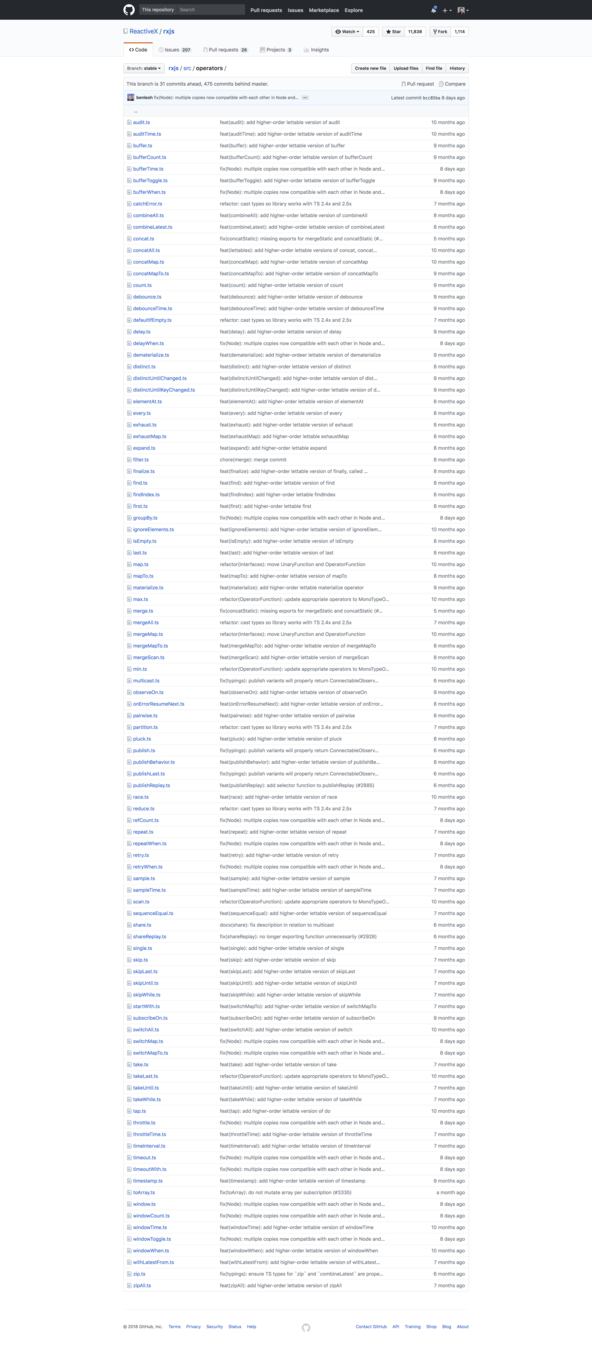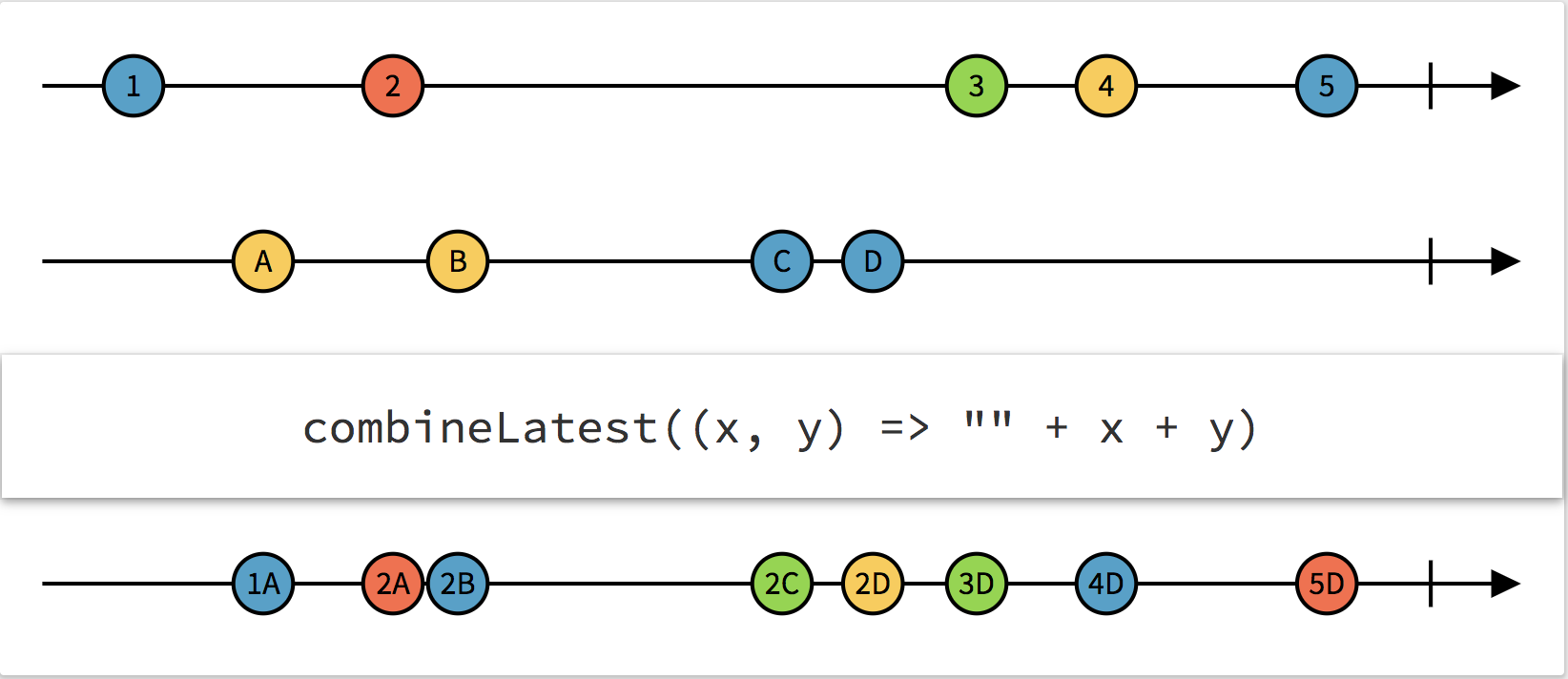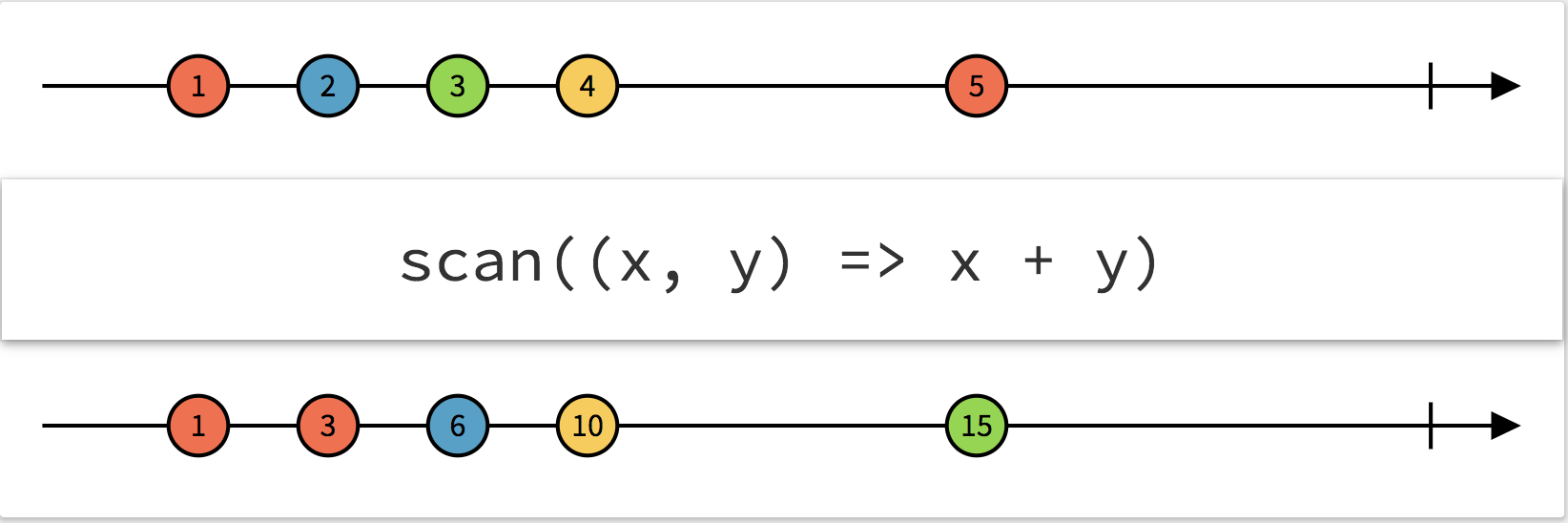Use the Custom Operator Force; Become an RxJS Jedi
By Ryan Chenkie
Use the Custom Operator Force; Become an RxJS Jedi
Let’s face it, doing advanced work with RxJS is just plain tough. Sure, some of the simpler operators are easy to grok, but once we get beyond simple maps and subscribes, it doesn’t take much to just give up and go back to where things are comfortable. This is a shame because there’s a whole world of streamy goodness that, for many developers, is just around the corner. Writing advanced RxJS requires that we know its operators. There’s arguably no better way to get to know them than by writing our very own. In this workshop we’ll dig into RxJS by crafting our own operators. This will be hugely beneficial for you because, to do so, we’ll really need to get to know some of the more advanced native operators. If you want to become an RxJS Jedi by getting to know RxJS inside and out, this workshop is for you.













